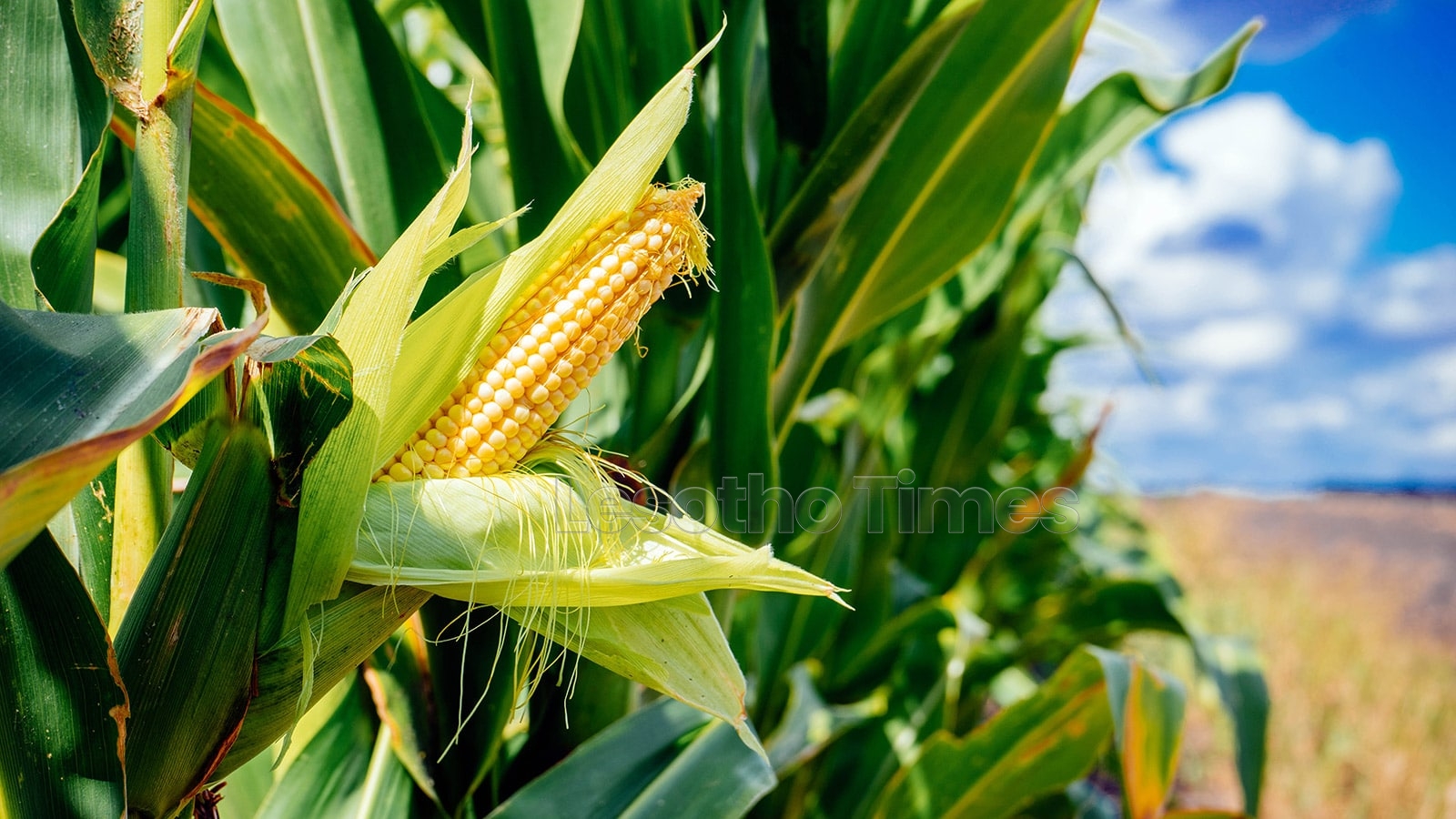Seithati Motšoeneng
THE government, seeking to strengthen the agricultural sector, boost food security and build resilience against climate-related shocks, has unveiled a comprehensive study into the feasibility of agricultural insurance.
Conducted in Mafeteng, Maseru, and Berea districts, the study assessed the potential for implementing agricultural insurance and e-voucher mechanisms aimed at enhancing the resilience of smallholder farmers.
These tools are intended to help farmers absorb shocks and increase their ability to cope with climate variability.
Launched at Avani Lesotho on Tuesday this week, the comprehensive study was commissioned by the government through the Ministry of Agriculture, Food Security and Nutrition in collaboration with the World Food Programme (WFP) and the Second Smallholder Agriculture Development Project (SADP II).
This initiative aligns with the strategic objectives of the SADP II which seeks to promote inclusive and resilient food systems.
The study evaluated the institutional, technical, and social readiness to scale climate risk insurance (CRI) and e-voucher platforms across targeted districts, with special attention to gender inclusion, digital literacy, and rural accessibility.
Insurance would provide farmers with financial protection against unpredictable weather patterns, crop failures, and other risks threatening food security and rural livelihoods.
Lesotho’s economy heavily depends on subsistence farming, which is extremely vulnerable to climate variability, including droughts and floods.
According to previous studies, over 70 percent of Lesotho’s population relies on agriculture for their livelihoods, yet many farmers lack access to formal risk management tools.
However, the country’s rain-fed agriculture faces mounting risks from climate variability; recurrent droughts and floods have severely impacted food security and rural livelihoods, highlighting the urgent need for effective risk management solutions.
The feasibility study also analysed potential funding models, partnership opportunities, and the capacity of local institutions to manage such schemes.
During the study’s presentation, Dr Moipone Letsie-Ndlovu emphasized the potential of agricultural insurance, particularly weather index-based insurance, as a game-changer in managing climate shocks.
Such insurance mechanisms provide farmers with timely payouts when weather conditions meet predetermined thresholds, offering financial protection against crop losses.
“The weather index insurance has been identified as a viable strategy for managing climate risks in Lesotho,” Dr Letsie-Ndlovu said.
A significant majority of farmers in Mafeteng, Maseru, and Berea districts are willing to pay for weather index insurance to protect their crops, the study revealed.
It stressed the importance of sensitization and awareness-raising on formal insurance as a risk management tool for farmers. Furthermore, the study findings emphasized the need for tailored insurance products to address the specific preferences of farmers in different districts of Lesotho.
While the research underscores the potential of weather index insurance as a tool for managing climate risks, Dr Letsie-Ndlovu’s presentation also highlighted the need for comprehensive policy frameworks and support systems to facilitate its adoption.
“Major barriers to the adoption of insurance and other adaptive measures in Lesotho include limited access to information, financial constraints, and inadequate infrastructure,” Dr Letsie-Ndlovu said.
“Successful implementation requires addressing these barriers faced by farmers and ensuring that insurance products are tailored to their specific needs.”
Additionally, she said, broader climate adaptation strategies, including improved agricultural practices and infrastructure development, are essential to complement insurance efforts and enhance the overall resilience of Lesotho’s agricultural sector.
Lesotho’s initiative to explore agricultural insurance reflects its commitment to safeguarding its farmers and achieving long-term food security.
With support from international partners and a focus on tailored solutions, the country aims to mitigate climate risks and promote sustainable agricultural development.

